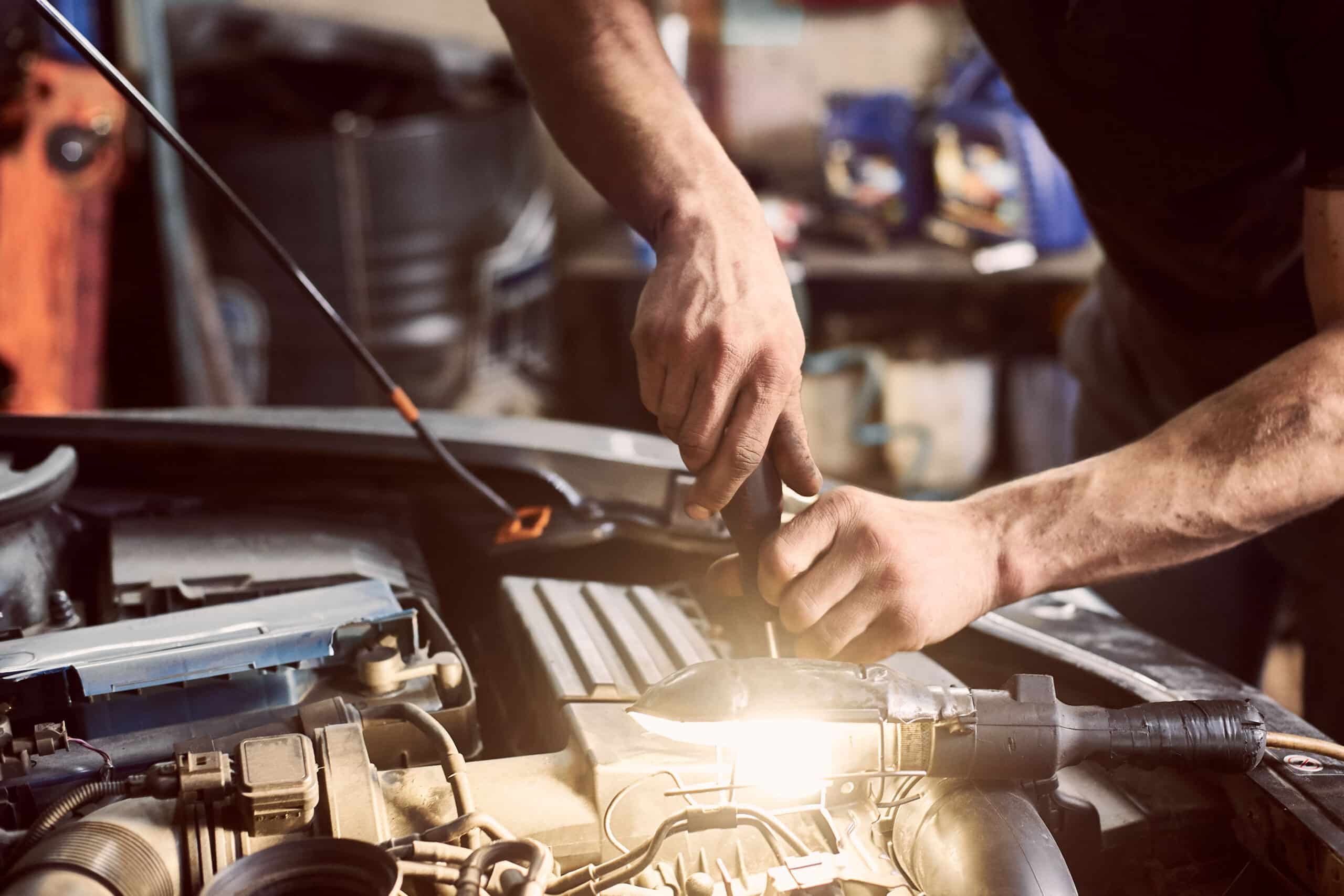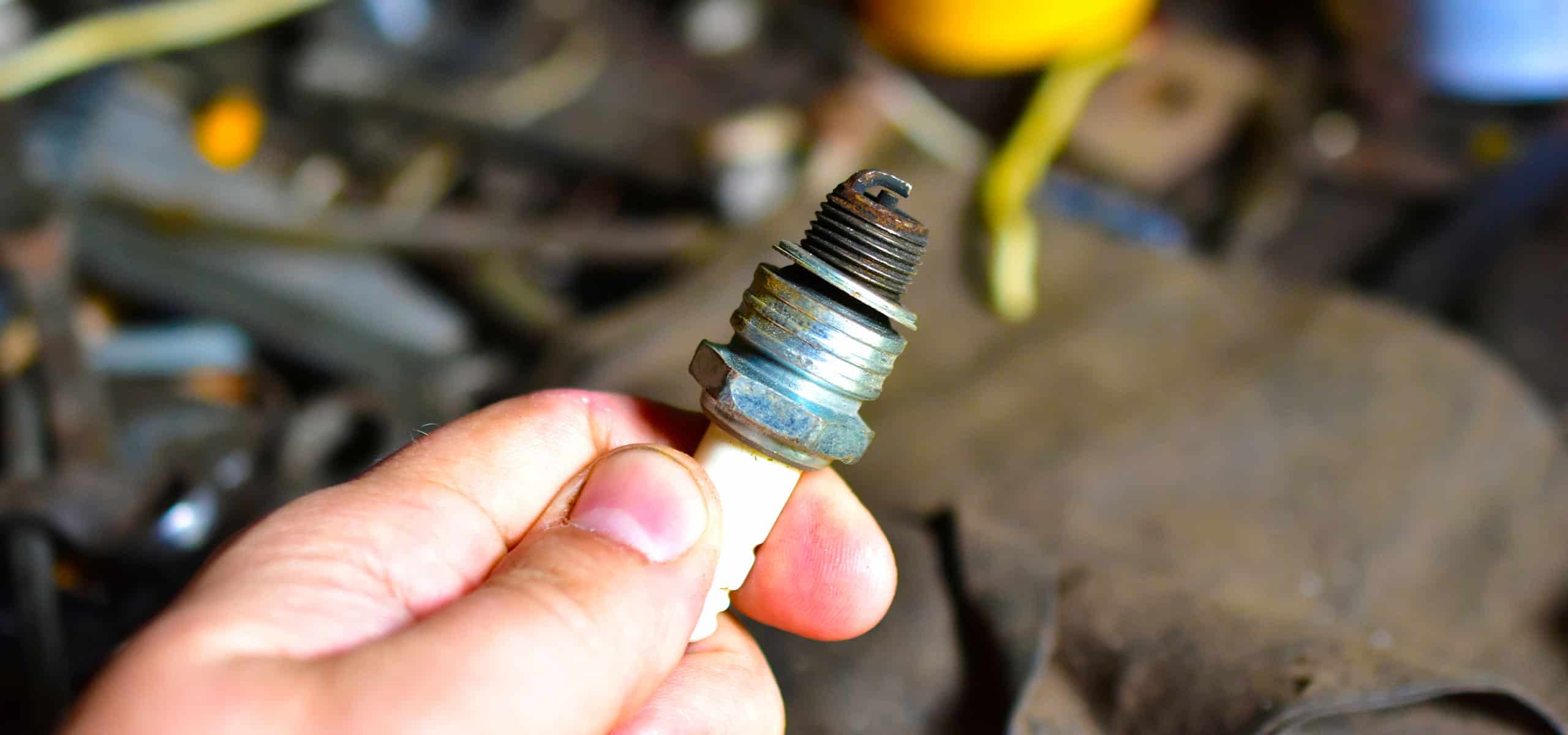
Regular Car Tune-Ups: Essential Maintenance Tips
Taking care of your vehicle goes beyond simply filling up the gas tank and washing it regularly. A crucial but often overlooked aspect of car maintenance is the regular ‘car tune-up’. A car tune-up is a detailed check and service of your vehicle’s main parts, designed to improve performance, increase efficiency and extend its lifespan.
Think about driving with enhanced ease, enjoying better fuel economy and lowering the risk of unexpected breakdowns. These advantages can be yours when you make regular car tune-ups a priority. Whether you’re a car enthusiast, or just want to keep your vehicle running well, understanding the importance of regular tune-ups is key.
Every vehicle owner should have a basic understanding when it comes to maintenance tips related to regular car tune-ups. Key areas to understand are why tune-ups are vital for your vehicle’s health, how often you should get a tune-up, discovering the signs that your car needs a tune-up and knowing the pros and cons of doing it yourself versus getting a professional to help.
Get ready to learn how routine car tuning can keep your car running smoothly and dependably, giving you peace of mind every time you drive.
What is a Car Tune-Up?
We’ve all probably heard the term ‘car tune-up’, but what does it truly involve? Everyone may have different suggestions on what a car tune-up requires, but let’s dive into a comprehensive overview of what it really is.
A car tune-up is an extensive inspection and servicing of your vehicle, designed to maintain and enhance its performance and longevity. This routine check involves examining, cleaning, adjusting and sometimes replacing the components that keep your vehicle running smoothly.
Understanding the Difference between Car ‘Tune-Ups’ and ‘Servicing’
When it comes to vehicle maintenance, the terms ‘car tune-up’ and ‘servicing’ are often used interchangeably. However, it’s important to note that there are distinct differences between the two. Understanding these differences can help you make informed decisions about maintaining your vehicle.
Car Tune:
A car tune-up focuses on inspecting and fine-tuning specific components and systems within your vehicle. It typically involves tasks such as replacing spark plugs, inspecting and adjusting ignition timing, checking and cleaning fuel injectors and ensuring proper functioning of the engine control unit (ECU). The goal of a tune-up is to optimise engine performance, improve fuel efficiency and address any minor issues that may be affecting the vehicle’s operation.
Servicing:
On the other hand, servicing encompasses a broader range of maintenance tasks that aim to keep your vehicle in overall good condition. It involves routine inspections, fluid changes, filter replacements, and general checks of various systems and components. Servicing may include tasks such as oil changes, filter replacements (air, oil, fuel), checking and topping up fluid levels (coolant, brake fluid, transmission fluid), inspecting belts and hoses, and conducting comprehensive safety checks.
While a car tune-up focuses on specific engine-related components and performance optimisation, servicing encompasses a more comprehensive approach, covering various systems and components throughout the vehicle. Both tune-ups and servicing are important for maintaining your vehicle’s health, but their scopes and objectives can slightly differ.
Common Components Checked In A Car Tune

- Spark Plugs:
The condition and gap of spark plugs are examined and worn-out plugs may be replaced. Properly functioning spark plugs are essential for efficient combustion and engine performance. - Ignition System:
The ignition system, including ignition coils, ignition wires and distributor (if applicable), is inspected for any signs of wear, damage, or misfiring. Faulty ignition components can lead to poor engine performance and decreased fuel efficiency. - Fuel System:
The fuel injectors are checked for clogs or deposits that can affect fuel delivery and engine performance. The fuel filter may also be inspected or replaced to ensure clean fuel flow. - Air Filter:
The air filter is examined and either cleaned or replaced if dirty. A clean air filter promotes proper airflow to the engine, improving fuel efficiency and preventing engine damage. - Engine Control Unit (ECU):
The ECU, also known as the engine’s computer, may be scanned for error codes and adjusted as necessary to optimise engine performance. This is known as an ECU remapping service. - Belts and Hoses:
The condition and tension of belts (such as the serpentine belt) and hoses (such as radiator hoses) are checked for wear, cracks or leaks. Damaged belts or hoses can result in engine overheating or loss of power. - Battery and Charging System:
The battery’s voltage and connections are inspected, and the charging system (alternator, voltage regulator) is tested to ensure proper functioning. A healthy battery and charging system are crucial for reliable starting and electrical performance. - Fluid Levels:
Fluid levels, including engine oil, coolant, brake fluid, power steering fluid and transmission fluid are checked and topped up as needed. Proper fluid levels are essential for smooth operation and component longevity. - Filters:
Various filters, such as the oil filter and fuel filter, may be replaced to maintain clean fluids and prevent contaminants from circulating in the system. - General Inspection:
A thorough visual inspection of the engine bay and other components is conducted to identify any potential issues, leaks or signs of wear that require attention.
Please note that the exact components included in a tune-up can vary based on the vehicle’s make, model, age and the recommendations of the manufacturer. Always refer to your vehicle’s owner’s manual or consult with a professional mechanic (like Auto Stop) for specifics.
Why Are Regular Tune-Ups Essential?
Regular car tune-ups are more than just a routine maintenance activity; they are a vital practice that holds numerous benefits for your vehicle’s performance, efficiency and longevity. Regular inspections allow for early detection of potential problems, providing an opportunity to address minor issues before they escalate into significant, often costly, repairs.
The Benefits Of A Car Tune:
- Improved Performance:
Regular tune-ups ensure that all the components of your vehicle are in top working order. From the engine to the exhaust system, tune-ups can help your car perform at its best, providing you with a smoother, more responsive driving experience. - Enhanced Fuel Efficiency:
When your vehicle is well-tuned, it uses fuel more efficiently. Regular inspections and adjustments can lead to improved fuel economy, which not only saves you money at the petrol station but also reduces your vehicle’s environmental impact. - Extended Vehicle Lifespan:
By identifying and addressing minor issues before they escalate into major problems, tune-ups can extend the lifespan of your vehicle. Regular maintenance ensures that your car continues to run smoothly and reliably, potentially adding years to its service life.
On the flip side, neglecting regular tune-ups can lead to several adverse consequences.
The Negatives Of Not Tuning Your Car:
- Decreased Performance:
Without regular maintenance, the components of your vehicle may degrade over time, leading to a sluggish, less responsive driving experience. - Increased Breakdown Risk:
Minor issues, if left unaddressed, can escalate into major problems that may cause your vehicle to break down. Regular tune-ups can help prevent unexpected, inconvenient, and potentially dangerous breakdowns. - Costly Repairs:
By catching potential problems early, regular tune-ups can save you from costly repairs in the future. What might start as a small, inexpensive issue can turn into a major, costly problem if left unaddressed.
It’s easy to see that regular tune-ups are a fundamental investment in your vehicle’s health and longevity. They help maintain optimal performance and efficiency, extend your vehicle’s lifespan and save you from the inconvenience and expense of major repairs down the road. Ignoring them, on the other hand, may lead to decreased performance, increased risk of breakdowns and potentially significant repair costs.
How Often Should Your Car Get A Tune Up

Australia’s distinctive driving conditions and diverse use of vehicles set us apart from the rest of the world. Whether it’s for work, recreation, or other purposes, the way we utilise our vehicles varies greatly. For example, the 4×4 communities, sports car enthusiasts, classic car collectors and trades vehicles all present unique usage patterns. Accordingly, these vehicles in Australia demand a tailored approach to tuning and servicing, reflecting their distinct needs and the diverse conditions they operate under.
As a rule of thumb, a comprehensive car tune-up or service is usually recommended every 10,000km or 6 months (whichever comes first). For vehicles that are older, or are used more frequently, it is common to get the car tuned every 5,000km or 3 months. It’s always best to refer to your vehicle’s owner manual, as it will provide the most accurate information specific to your model and make.
Several factors can influence the recommended tune-up frequency:
- Distance travelled:
The more kilometres you cover, the more wear and tear your vehicle experiences. High km vehicles may require more frequent tune-ups to keep them in optimal condition. - Driving Conditions:
If you frequently drive in harsh conditions – such as dusty roads, heavy traffic, or extreme temperatures – your vehicle may need tune-ups more often. These conditions can take a toll on your vehicle’s components, causing them to degrade faster. For example, 4X4 beach vehicles that frequently get used in rugged terrains require a higher rate of tuning than your typical daily driver. - Vehicle Age:
Older vehicles generally require more frequent tune-ups than newer ones. As a car ages, its parts wear down and might need adjustments or replacements more regularly.
In essence, while there are general guidelines for tune-up intervals, the frequency should be tailored to your specific vehicle and driving conditions. Regularly monitoring your vehicle’s performance and staying vigilant for any signs of issues can also help you determine when a tune-up might be needed. A trusted mechanic can also provide personalised advice based on your car’s unique circumstances.
Signs That Your Car Needs A Tune-Up
Being aware of the signs that your vehicle needs a tune-up is an essential part of car ownership. Here are some common indicators that suggest your vehicle may benefit from a tune-up:
- Rough Idling
- Decreased Fuel Economy
- Difficulty Starting
- Warning Lights
- Poor Acceleration
- Unusual Noises
- Stalling
- Bad Odour (like burning oil or rubber)
- Excessive Exhaust Smoke
- Unresponsive Brakes
- Slipping Transmission
- Vehicle Vibration
- Overheating
- Vehicle Leaks
- Steering Issues
Remember, these signs are your vehicle’s way of communicating with you. If you notice any of these symptoms, it’s likely time for a tune-up. Regularly scheduling tune-ups can also help catch potential problems before they turn into costly repairs, ensuring your vehicle continues to perform optimally for the road ahead.
Keep Your Car Running Like New
In the realm of vehicle maintenance, regular tune-ups stand as an indispensable practice. They form a crucial part of ensuring your car remains in optimal condition, performing efficiently and reliably. When looking at a ‘tune-up’ we should look beyond the engine and involve a comprehensive assessment and service of your vehicle’s key components and systems.
The advantages of regular tune-ups are numerous, encompassing improved fuel efficiency, elevated performance and a longer lifespan for your vehicle. Neglecting tune-ups can lead to the opposite: decreased performance, increased risk of breakdowns and potentially hefty repair costs.
While the frequency of tune-ups can vary depending on various factors such as the kilometres driven, driving conditions and the age of the vehicle, it’s crucial to stay aware of the signs that your car might need a tune-up. These can include issues like rough idling, decreased fuel economy, or warning lights, among others.
The choice between performing a tune-up yourself or seeking professional assistance depends on your personal skills and the complexity of the tasks involved. Regardless of the route you choose, what’s most important is that regular tune-ups are performed to ensure the health and longevity of your vehicle. Embracing these essential maintenance practices will allow you to keep your car running smoothly and hit the road with confidence.
Auto Stop are professionals in car tuning and we have a comprehensive service for car tuning and servicing in both Brisbane and Gold Coast. Contact us for any car tuning issues you may have, we’re here to help.


